
Sociedade Esportiva Palmeiras, often simply referred to as Palmeiras, was founded on 26 August 1914 by a group of Italian immigrants in São Paulo. Initially named Palestra Italia, the club's identity evolved over time, particularly during World War II, when in 1942 the Brazilian government, under Getúlio Vargas, demanded a change in name and uniform. The club dropped the red from its colours and adopted the name Palmeiras to reflect a more neutral and patriotic identity. The club has been represented by the green and white colours ever since, a symbol of its deep-rooted identity and pride. Over the years, Palmeiras has become synonymous with tradition, resilience, and success both on and off the field.

Palmeiras is widely regarded as one of Brazil’s most successful and decorated football clubs. The club has secured a remarkable number of national titles, making it the most successful Brazilian club in terms of domestic trophies. It has won 12 Campeonato Brasileiro titles, which include some of the most iconic moments in Brazilian football. Additionally, the club has added to its extensive trophy cabinet with 4 Copa do Brasil titles, 1 Supercopa Rei, and 1 Copa dos Campeões. These domestic successes showcase its dominance within the national football scene.
Internationally, Palmeiras has earned its place among the elite, with 3 Copa Libertadores titles (1999, 2020, and 2021), marking its triumph in South America’s most prestigious club competition. One of the club's most celebrated achievements came in 1951, when it won the Copa Rio Internacional, which was later recognised by FIFA as the first ever intercontinental club competition. Though there has been debate about its global status, this recognition affirmed Palmeiras as a pioneer in international club football.
Palmeiras’ most recent success came in 2023, when it added another Brazilian title to its record, affirming its dominance in the sport. Additionally, the club’s success has been recognised globally, with the IFFHS naming Palmeiras as the Best Team in the World in 2021, an honour that speaks volumes about the club’s consistency and excellence.
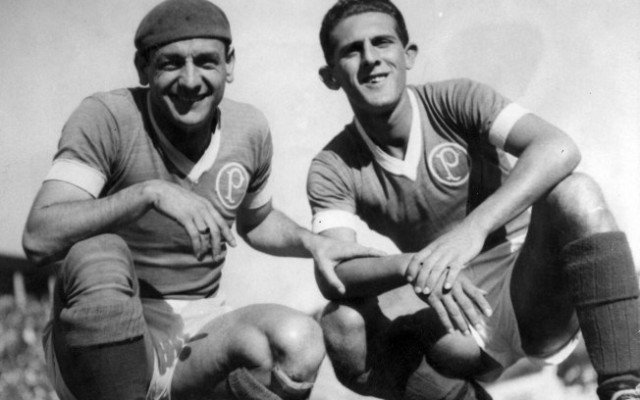
Throughout its history, Palmeiras has lived through numerous historic and golden moments. The "Arrancada Heroica" of 1942 remains one of the most iconic events in the club’s history. On that day, the team, under the new name Palmeiras, clinched the Paulista Championship with a memorable victory over São Paulo FC, marking the club's resilience and strength during challenging times. The "Academia de Futebol" in the 1960s and 70s is another defining era in the club's legacy, where Ademir da Guia—often regarded as the club’s greatest ever player—led the team to domestic and international glory. This period solidified Palmeiras' reputation as a beacon of technical and refined football in Brazil.
In the 1990s, Palmeiras achieved a significant resurgence, thanks to a partnership with Parmalat, which brought major investments to the club. This era saw the acquisition of legendary players like Roberto Carlos, Rivaldo, and Evair, propelling Palmeiras to further triumphs in national and international competitions, including the 1999 Copa Libertadores. This marked the start of a new golden era for the club.
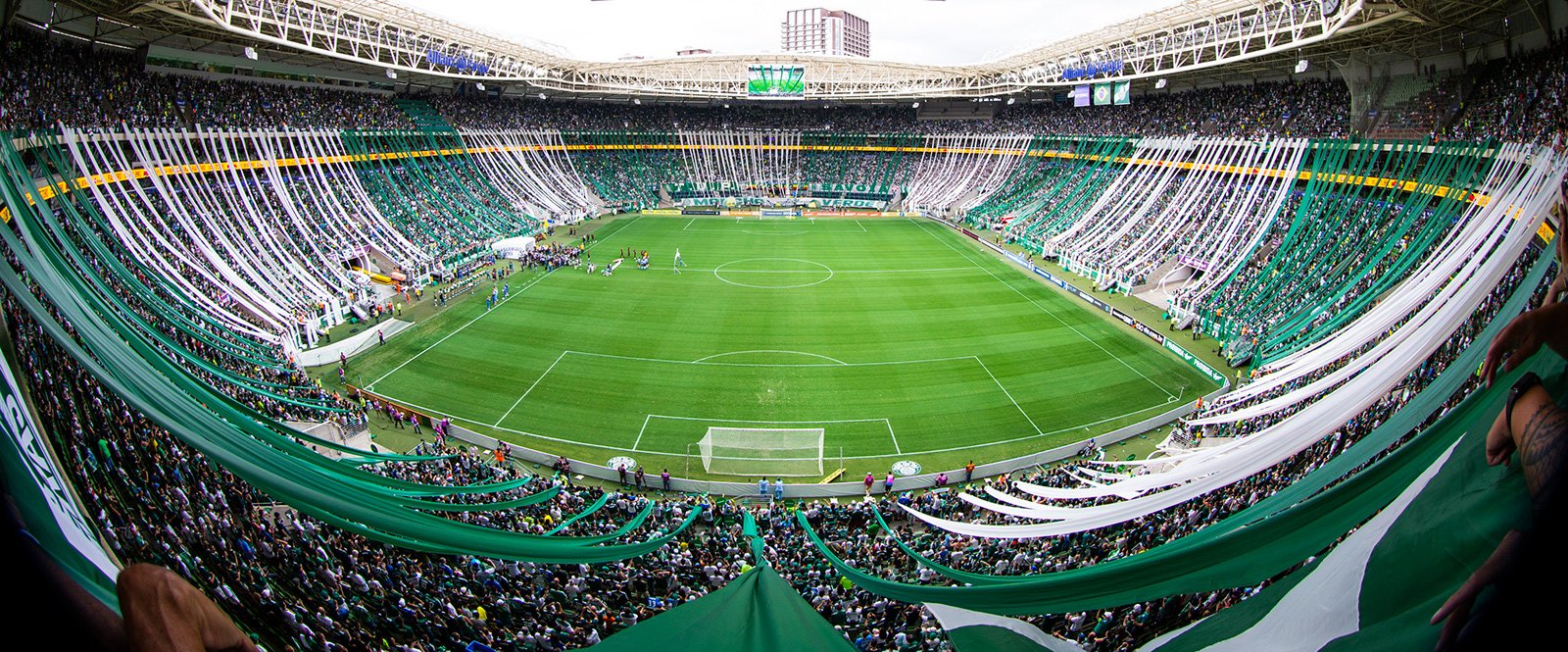
In 2014, the club inaugurated the Allianz Parque, a state-of-the-art multi-use stadium that has become a symbol of Palmeiras’ modern era. The arena, with a seating capacity of 43,713, is not just a football stadium but a versatile venue that hosts concerts, events, and various sports. It replaced the iconic Estádio Palestra Italia, which had been the club’s home for decades. The new stadium has brought not only increased matchday revenues but also a boost in Palmeiras’ global recognition.
In addition to the stadium, Palmeiras operates two major training centres that are equipped with modern facilities for both professional and youth teams. The club's Academia de Futebol, located in São Paulo, offers top-tier training equipment, medical facilities, and recreation areas for players. These investments in infrastructure demonstrate the club's commitment to nurturing talent and ensuring its success for years to come.

Palmeiras is one of the most beloved and supported clubs in Brazil, with a fanbase that is estimated to number 16–18 million across the country. The Avanti supporter program, one of the largest in Brazil, has helped foster a deep connection between the club and its fans. The club’s supporters are some of the most passionate in the world, with the "Mancha Verde" (Green Faction), its largest organized fan group, being a key part of Palmeiras' identity.
The club’s mascot, the Green Parakeet, dates back to its early days and symbolizes the team's green identity. The Pig, adopted in the 1980s, also holds a special place in Palmeiras' culture. Initially used as an insult by rival fans, the club turned the term into a symbol of pride, demonstrating its resilience against adversity.
Culturally, Palmeiras has been an important social institution in São Paulo, from providing healthcare during the Spanish Flu pandemic in 1918 to opening its doors for COVID-19 vaccination efforts. The club has also been instrumental in shaping the cultural fabric of the city, hosting music events such as the Chic Show in the 1970s, which played a pivotal role in the development of black music in Brazil.

While football is the club's primary sport, Palmeiras has a rich history in other sports as well. The club has teams in women’s football, basketball, futsal, hockey, and volleyball. Its women’s football team achieved a milestone in 2022, winning the Libertadores Feminina, further solidifying Palmeiras’ position in South American sports.
In futsal, the club is considered the "Campeão do Século" (Champion of the Century) in the sport, with multiple titles under its belt. Hockey and volleyball have also brought national recognition to the club, especially in the 1990s when it was one of the top clubs in Brazilian volleyball. These accomplishments highlight the club's commitment to excelling in a variety of sporting disciplines.
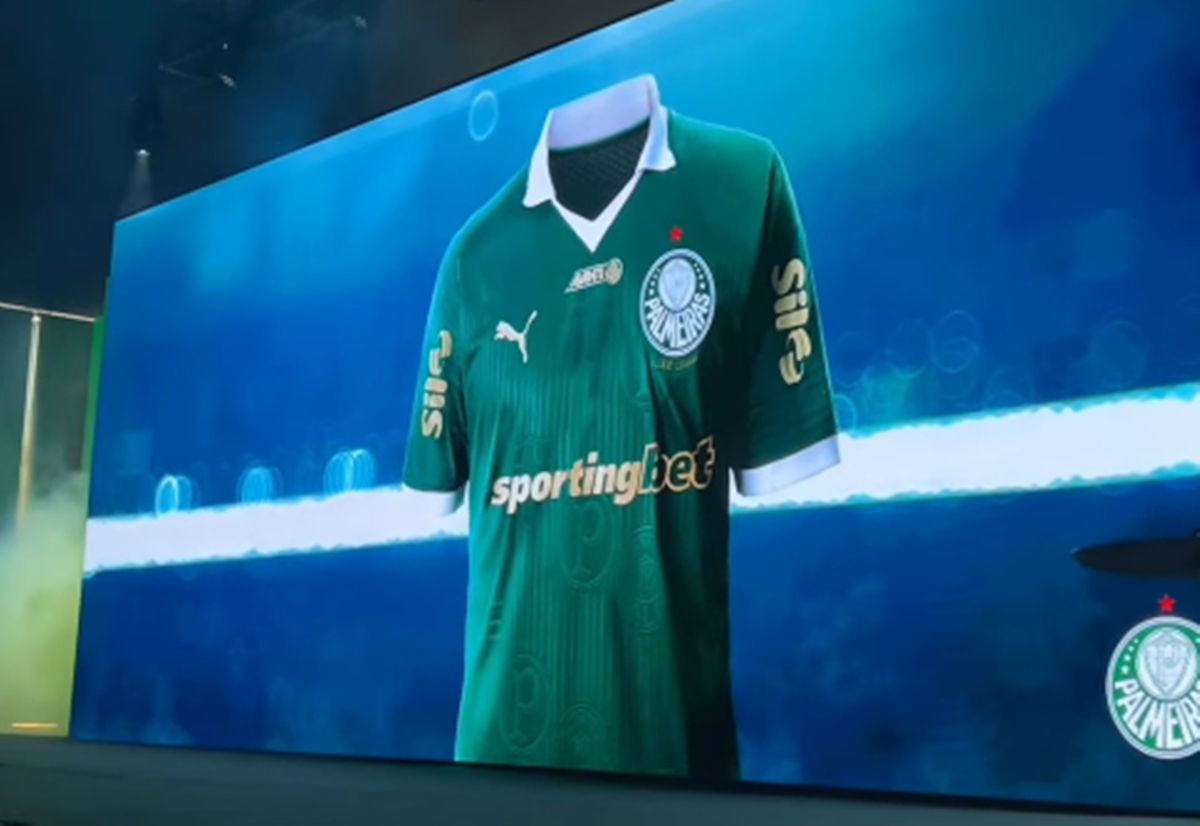
Palmeiras has emerged as one of the most commercially successful football clubs in Brazil. According to a 2016 study, the club’s brand value stood at R$1.021 billion, making it one of the top three in the country. Its sponsorship deals, notably with Sportingbet, have significantly boosted the club’s finances. Adidas was its kit manufacturer for many years, and in 2018, Puma took over, a partnership that continues to this day.

Throughout its history, Palmeiras has produced and attracted world-class talent. Ademir da Guia, Marcos, Evair, Roberto Carlos, and Dudu are just a few of the legendary figures who have graced the club’s colours. The club has also been led by some of Brazil’s most respected coaches, such as Luiz Felipe Scolari, Vanderlei Luxemburgo, and Abel Ferreira, who have guided the team to major victories.
Palmeiras has intense rivalries with Corinthians, São Paulo, and Santos, all of which have contributed to some of the most thrilling and competitive matches in Brazilian football. The Derby Paulista with Corinthians is regarded as one of the fiercest rivalries in the world, with Palmeiras often emerging victorious in key moments. Similarly, its encounters with São Paulo FC in the Choque-Rei and Santos in the Clássico da Saudade have become part of football folklore.
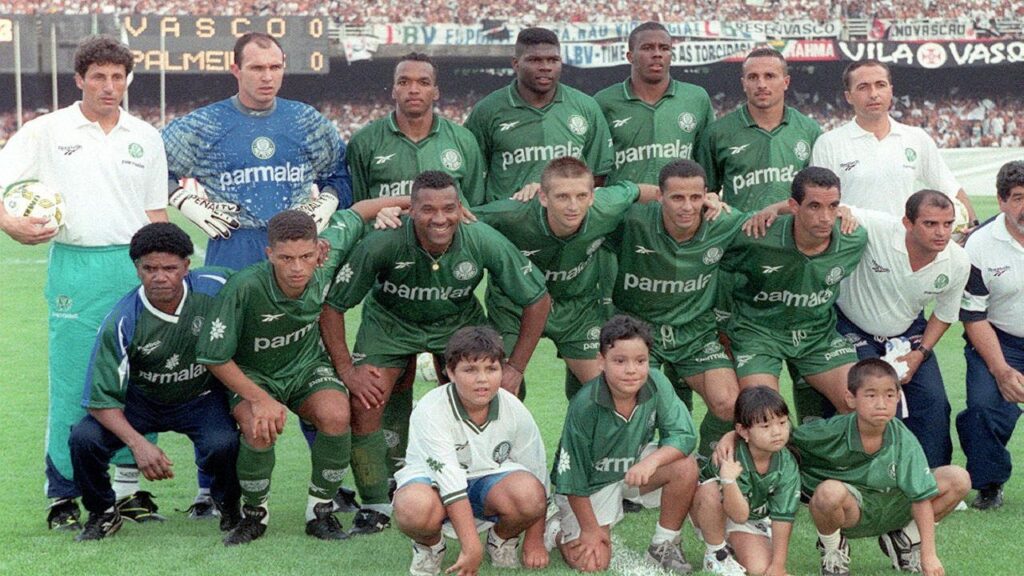
Palmeiras’ legacy extends beyond the football pitch. The club has been honoured with streets and metro stations named after it, such as the Palmeiras-Barra Funda metro station. The Rua Palestra Italia was renamed in 2015 in the club’s honour. Palmeiras' Trophy Room is a testament to its historical success, housing over 5,000 trophies and offering a reflection of its rich heritage.

Sociedade Esportiva Palmeiras was founded on August 26, 1914, by Italian immigrants in São Paulo under the name Palestra Italia. The club was established to promote the sports and culture of the Italian community, and it quickly grew in prominence within the local football scene. Its first match was played on January 24, 1915, where they triumphed 2-0 against the Savoia team, a precursor to many victories that would follow.
In its early years, Palmeiras dominated regional competitions, winning several Paulista Championships and securing a strong following among the local population. The team's colours, green and white, became synonymous with a new era of Brazilian football. However, during the period of World War II, the club was forced to change its name due to political pressure. As Brazil declared war on the Axis Powers, the government led by Getúlio Vargas requested the removal of references to Axis nations, particularly Italy. As a result, Palestra Italia became Palmeiras in 1942, and the club’s red colour was removed from the crest and uniforms in a symbolic gesture of neutrality.
This era, although challenging in terms of political turmoil, set the foundations for the club’s identity and its significant place in Brazilian football history.

The post-war years saw Palmeiras entering a golden age, which would become one of the defining periods of the club’s history. In 1951, the club won the Copa Rio Internacional, a tournament that would later be recognized by FIFA as the first international club competition. This victory was historic as it marked Palmeiras' place in the global football scene. The team defeated Juventus of Italy in the final at the Maracanã Stadium, a moment that would remain significant in the club’s legacy.
Palmeiras' success continued through the 1960s and early 1970s, a period often referred to as the first "Academia" of football. This era was characterized by a team that played with elegance, skill, and technical finesse, earning it the nickname "Academy of Football." Players such as Ademir da Guia, Djalma Santos, and Jair Rosa Pinto became iconic figures, contributing to numerous state and national titles, including Copa Rio and Campeonato Paulista titles. The team's technical proficiency made Palmeiras one of the top clubs in Brazil and South America during these years, challenging the likes of Santos FC, who were dominant with the legendary Pelé.
The club's success was not limited to the national stage. In 1968, Palmeiras became the first Brazilian club to participate in the prestigious Copa Libertadores tournament, setting the stage for future international achievements.

The 1990s marked a period of resurgence for Palmeiras, driven by a partnership with the multinational dairy company Parmalat. This period saw significant investment in the team, resulting in a series of acquisitions that would propel Palmeiras to national and international prominence. With the addition of players like Edmundo, Roberto Carlos, and Evair, the team regained its competitiveness and became a dominant force once again.
In 1993, Palmeiras clinched the Campeonato Paulista with a 4-0 victory over Corinthians in the final, ending a long title drought and sparking a wave of success. The team went on to win the 1993 and 1994 Campeonato Brasileiro titles, showcasing their dominance in Brazilian football. In 1999, Palmeiras achieved its first Copa Libertadores victory, a monumental achievement that was celebrated by fans as the pinnacle of their efforts during this period.
The club's success continued with triumphs in the Copa do Brasil and the Copa Mercosul in 1998, cementing its position as one of Brazil’s top footballing institutions.

While the 1990s had been a golden era for Palmeiras, the 2000s brought about a period of challenge and rebuilding. The club faced a major setback with relegation to Série B in 2002, a devastating blow to its legacy. However, Palmeiras’ fanbase remained loyal, and the club quickly bounced back, winning the Série B title in 2003 and returning to the top-flight competition the following season.
The club’s fortunes improved in 2008, when it won the Campeonato Paulista under the guidance of Vanderlei Luxemburgo. However, Palmeiras continued to face challenges in terms of consistency, with the team struggling to win major titles in the subsequent years, despite boasting some star players like Marcos, Valdivia, and Diego Souza.
Despite these challenges, the club's strong infrastructure, including the construction of a new stadium, the Arena Allianz Parque (completed in 2014), ensured that the team was well-positioned to regain its former glory.

In the 2010s, Palmeiras underwent a remarkable resurgence. The arrival of coach Abel Ferreira in 2020 marked a new era of triumph, beginning with the Copa Libertadores victory that year. This victory was particularly significant, as it came 21 years after their first win in the competition, proving that the club's ambitions were firmly back on track. The 2020 Copa Libertadores title was followed by another victory in 2021, confirming Palmeiras’ place at the top of South American football. The club also added multiple Campeonato Paulista and Copa do Brasil titles to its resume during this period.
In 2023, Palmeiras secured its 12th Campeonato Brasileiro title, once again proving its dominance in Brazilian football. The club’s remarkable consistency under Abel Ferreira’s leadership, combined with a mix of experienced players like Weverton, Gustavo Gómez, and rising stars from their youth academy, ensured Palmeiras’ continued success in both domestic and international competitions.
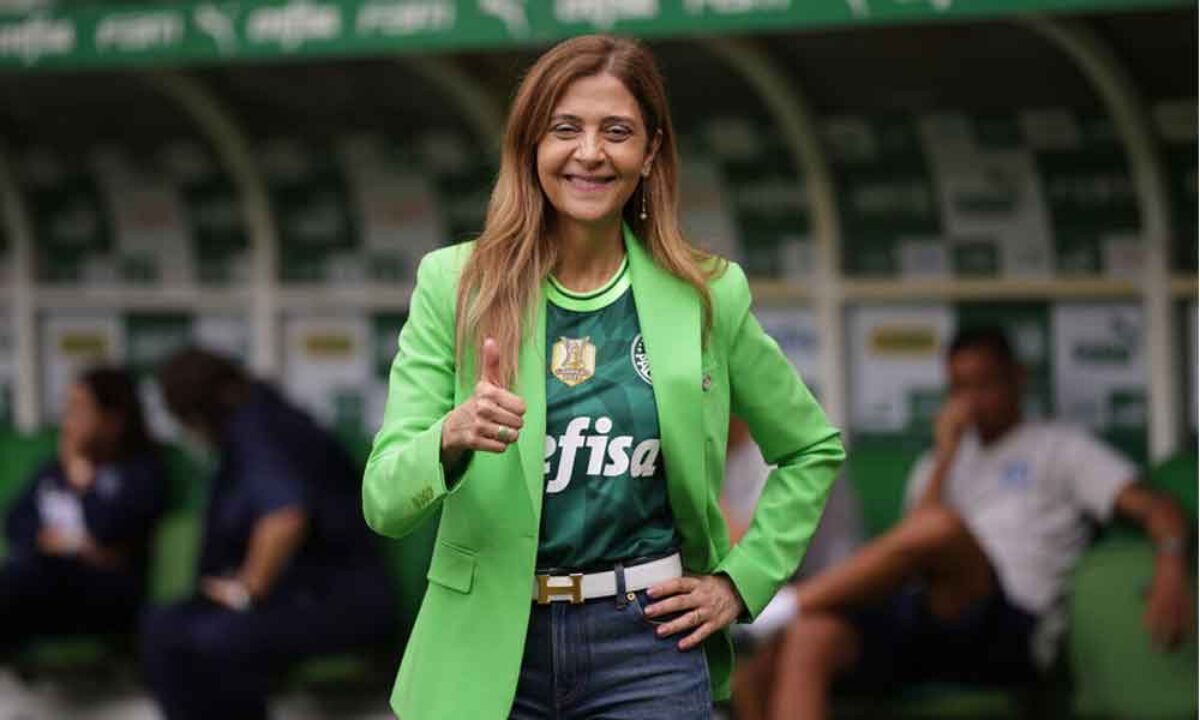
Palmeiras operates as a multi-sport club under the name Sociedade Esportiva Palmeiras and is a non-profit organization that belongs to its members. The club has a democratic governance model in which members (associados) elect a president and board of directors. The president is elected through a general assembly for a term of three years, with the current leadership structure consisting of elected officials, an executive board, and various sporting departments, including football, basketball, futsal, volleyball, and more. The club’s general assembly is made up of members who vote on key decisions such as the club's budget, new projects, and any changes to its structure.
While the club is owned by its members, its operations are commercialized through a mix of sponsorship deals, ticket sales, merchandise, and media rights. The decision to professionalize its management and work with business partners has helped Palmeiras secure sponsorships and partnerships with global brands, contributing to its financial success in recent years.

The club follows the traditional membership ownership model, where ownership is distributed among its members. Members pay an annual fee to maintain their membership and are entitled to vote in the club's elections and have a say in the management of the organization. This structure is common to many Brazilian clubs, providing democratic control by the fans and members.
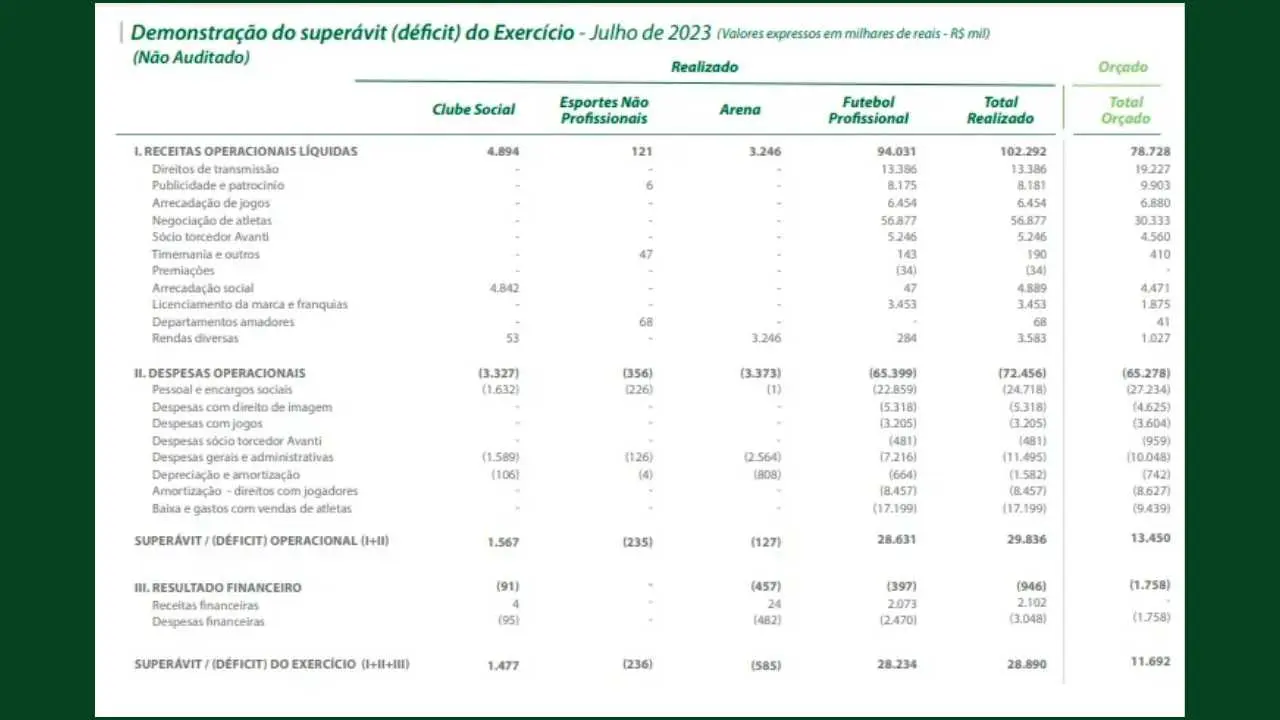
Palmeiras is one of the most financially stable football clubs in Brazil, with strong revenues driven by a combination of commercial partnerships, sponsorship deals, ticket sales, and TV rights. According to financial reports, the club has a diversified revenue model, where it generates income from various sources including:
Despite some challenges in the earlier part of the century, Palmeiras has grown into a financially sound institution, largely due to its management structure, profitable commercial partnerships, and ongoing investments in its football and non-football activities.
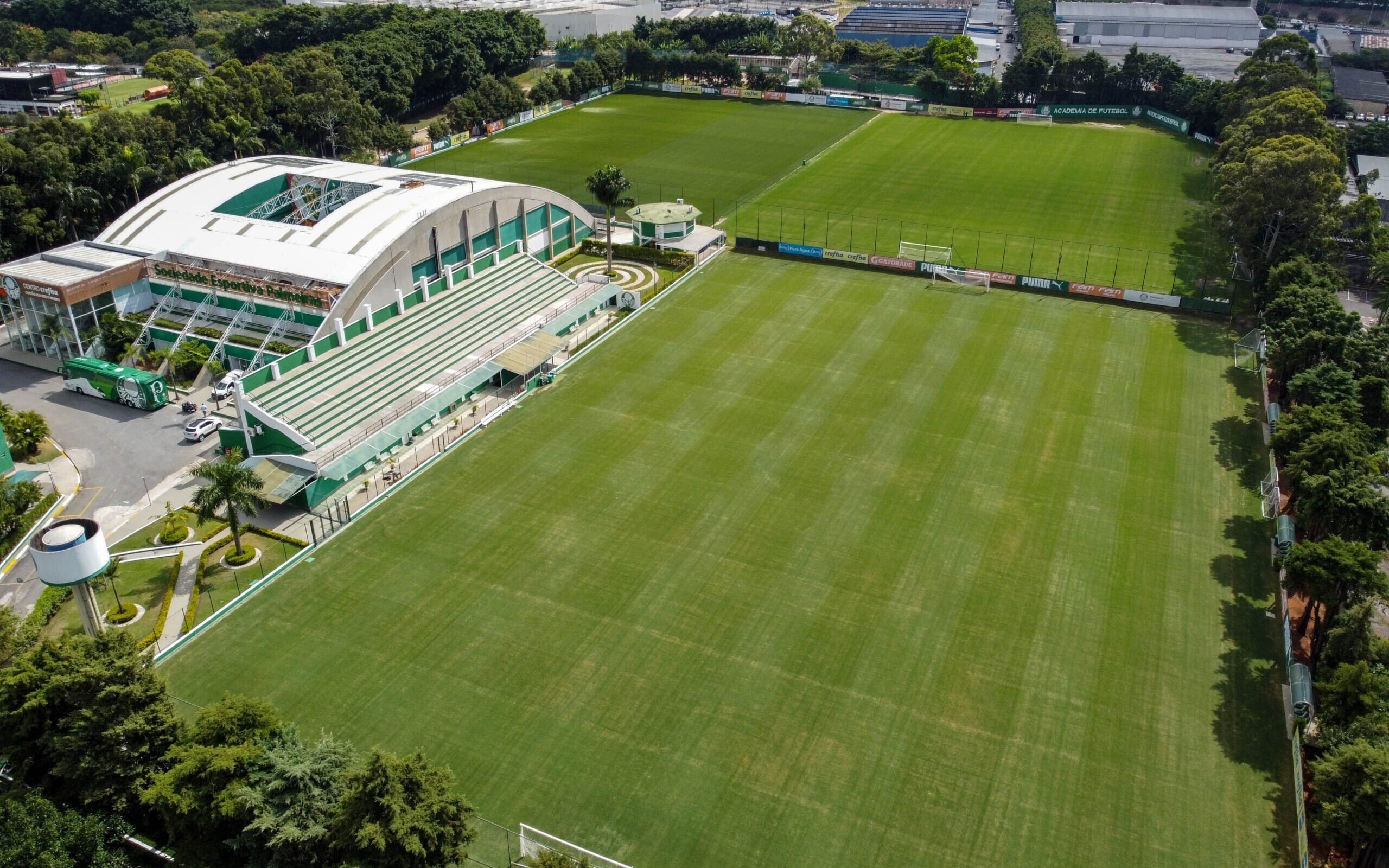
Palmeiras’ investment in state-of-the-art infrastructure has been central to its modern identity. The club's Allianz Parque is one of the most technologically advanced football stadiums in Brazil and South America, representing a significant leap forward in terms of fan experience, commercial facilities, and revenue generation.
Books
Websites
Articles
Interviews and Documentaries


Becoming a leading global provider of digital solutions and services for the sports industry, enabling our clients to achieve their goals and reach their full potential.
We aspire to be a trusted partner and advisor to our clients, leveraging our expertise and passion for sports to help them succeed in a rapidly changing market.






